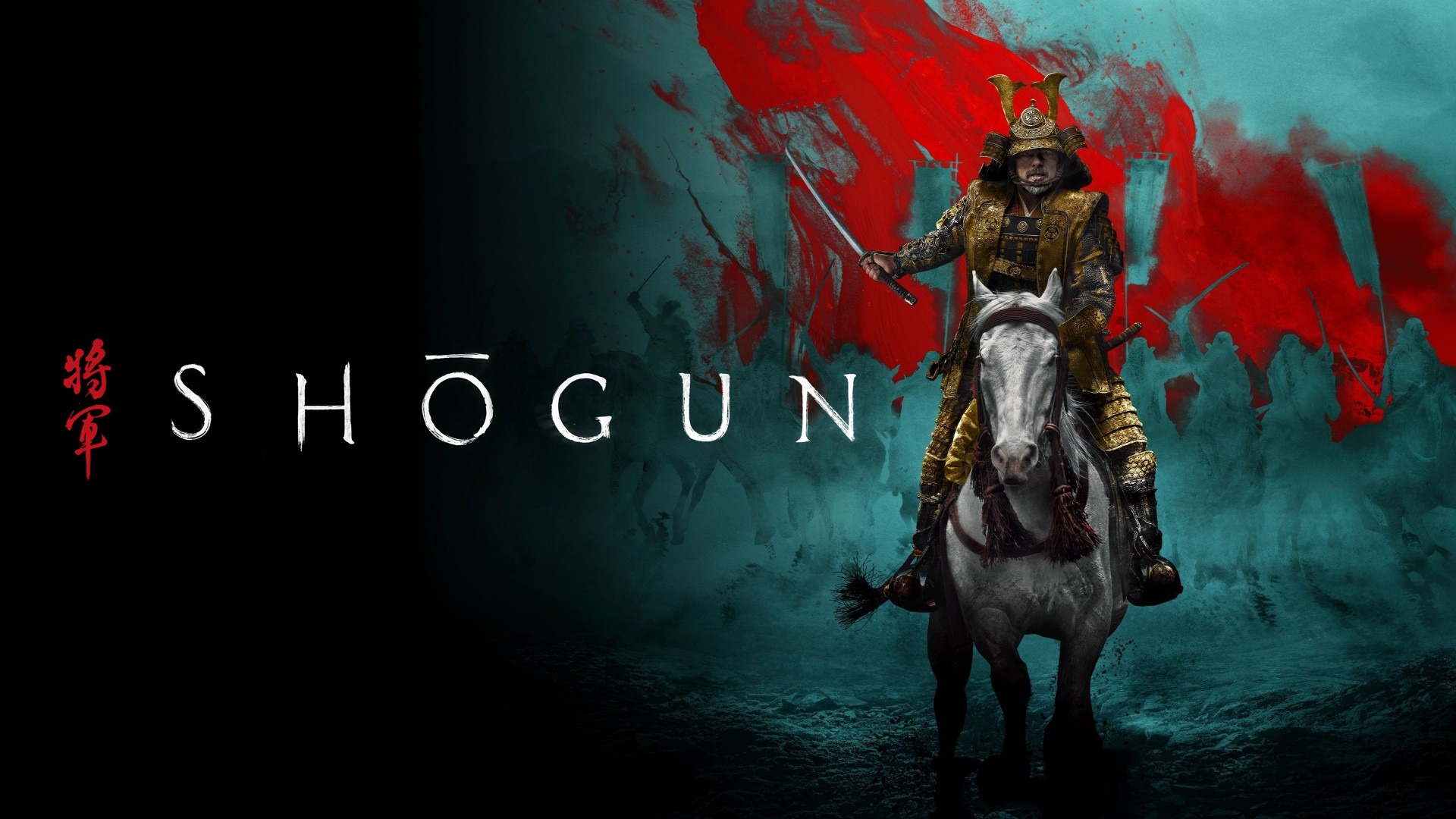In the current sea of streaming content where shows often feel disposable, FX’s “Shōgun” emerges as a beacon of distinction. In a landscape where substance often takes a backseat to quantity, this series boldly asserts its place as a monumental achievement in storytelling.
Drawing inspiration from James Clavell’s renowned novel, creators Rachel Kondo and Justin Marks ingeniously reimagine the narrative for the screen. While staying true to the essence of the original tale, they infuse it with a vitality and originality that sets it apart from its predecessors.
The series unfolds against the backdrop of feudal Japan, where English sailor John Blackthorne, portrayed compellingly by Cosmo Jarvis, finds himself entangled in the intricate web of Japanese politics. His encounter with the enigmatic Lord Toranaga, played with magnetic presence by Hiroyuki Sanada, sets the stage for a gripping saga of power, intrigue, and unlikely alliances.
What truly elevates “Shōgun” is its rich tapestry of characters and their interwoven arcs. Unlike its predecessors, the series delves deeper into the perspectives of its Japanese characters, offering a more nuanced portrayal that transcends cultural stereotypes. From the ambitious Lord of Izu, Kashigi Yabushige, portrayed by the talented Tadanobu Asano, to the resilient widow Usami Fuji, portrayed by the captivating Moeka Hoshi, each character adds depth and complexity to the narrative.
While the series’ brevity may leave viewers longing for more, its concise storytelling ensures a tightly knit epic that leaves a lasting impact. In a landscape dominated by comparisons to “Game of Thrones,” “Shōgun” stands on its own merits, offering a thought-provoking exploration of survival and belonging in a world rife with conflict.
In an era of unpredictable television, “Shōgun” is a welcome reminder that artistry and excellence still have a place on the small screen. With its engaging dialogue, meticulously crafted sets, and stellar performances, it proves that epic television is not only still achievable but essential in an age of fleeting entertainment.

